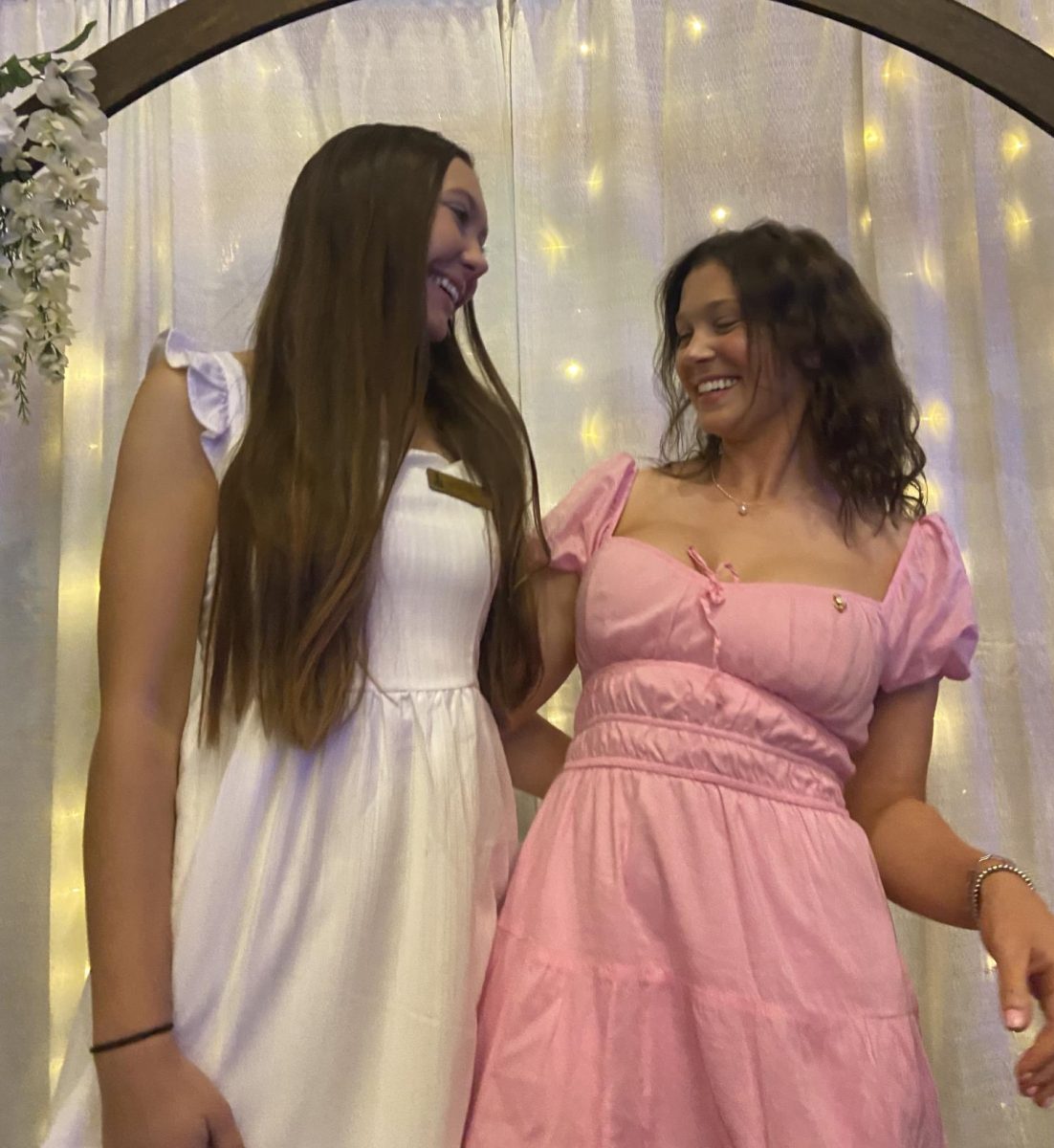It’s starting to look like President Barack Obama isn’t quite the shining star of magic and wonder we all thought he’d be.
After all: we lost the Confed-eration Cup, Lance Armstrong only took third place in the Tour de France and now Rio de Janeiro gets the 2016 Olympics.
Seriously, folks: I, like many other Americans, thought it would be great if Chicago were awarded hosting duties for the Olympics. But unlike the rest of the country, I’m not going to turn around now and insist that the Olympics are actually a bad thing, that if Chicago had been the host it would have turned into a real dump of a city with nothing but tourist attractions and sports stadiums. I am going to come right out and say it: The fact that Chicago lost its Olympics bid is terrible news for this fine country.
See, if Chicago had been successful in its bid, guess what the news cycle for the next three or four weeks/months/years would have been?
The Olympics!
We would have seen pundits debate whether or not it was a good idea to let all these people enter our fair country, Anderson Cooper would have done a story on the seedy underbelly of the Olympic Village and ESPN would create about 20 new shows in which everyone could get nice and angry over the intricacies of relay races. Why is this a good thing? Because slowly, subtly, the focus would shift away from the health care debate. Politicians could begin to take this very serious issue very seriously, and perhaps we’d get a better health care system out of it.
Now, I’m not advocating that the media turn a blind eye to something that will impact each and every American citizen. I’m saying that if it weren’t for every media outlet in existence yammering on loudly about “Is the public option right for YOU?!” or “Health care reform: Killing our babies?” we might get real debate in Congress.
Instead of worrying about what sound-bite their opponent would grab from some CNN Special Report, politicians could get to work on trying to come up with a plan that would ensure the insurance of the now-uninsured. It would make it easier for all of us to have high-quality, low-cost health care, and all of that without driving the country deeper into debt. I feel safe in saying that this can be done, and with support from both parties, but only if we make this an issue of national importance and not an issue of national elections.
In theory, we elect people because we agree with them on at least most of the issues. For instance, one of the reasons I supported Obama during the 2008 election is because he was (and, I hope, oh I hope, still is) a major supporter of a public option addition to the health care system. He proposed a system that would allow those who need it to access a public option, and those not in need of such a system would have access to a much fairer marketplace. Recently, however, the public option was dropped from the reform bill because politicians decided it was too controversial to pass. Republicans didn’t like it because that’s just their image now, Democrats want to appeal to Republican voters and those in support of the plan were yelled at by people holding tea bags.
I wish I could feel as though the public option were dropped because of legitimate opposition, but to me it seems as though we’ve decided to use this debate as an issue for the next election, not for the posterity of our country. Make no mistake-health care reform is important, but it has to be real reform, not sound bite reform. If we can agree on a policy that is without a public option but establishes high-quality, low-cost care for those in need, I’ll be fine-but stripping the bill of a public option in order to remain in power is just useless.
Some will say that I am naive to hope for real, fair, issue based politics-but I would counter by saying that it is equally naive to hope that we will get anything productive done in the current climate. News as entertainment should cover news about entertainment-the Olympics, for example. Sound bite politics is something we will probably have to live with for a very long time, but I would prefer to hear clips of politicians working to do the things we elect them for as opposed to the things they think will elect them in years to come.
Noah Berman is a freshman in the College of Arts and Sciences.








